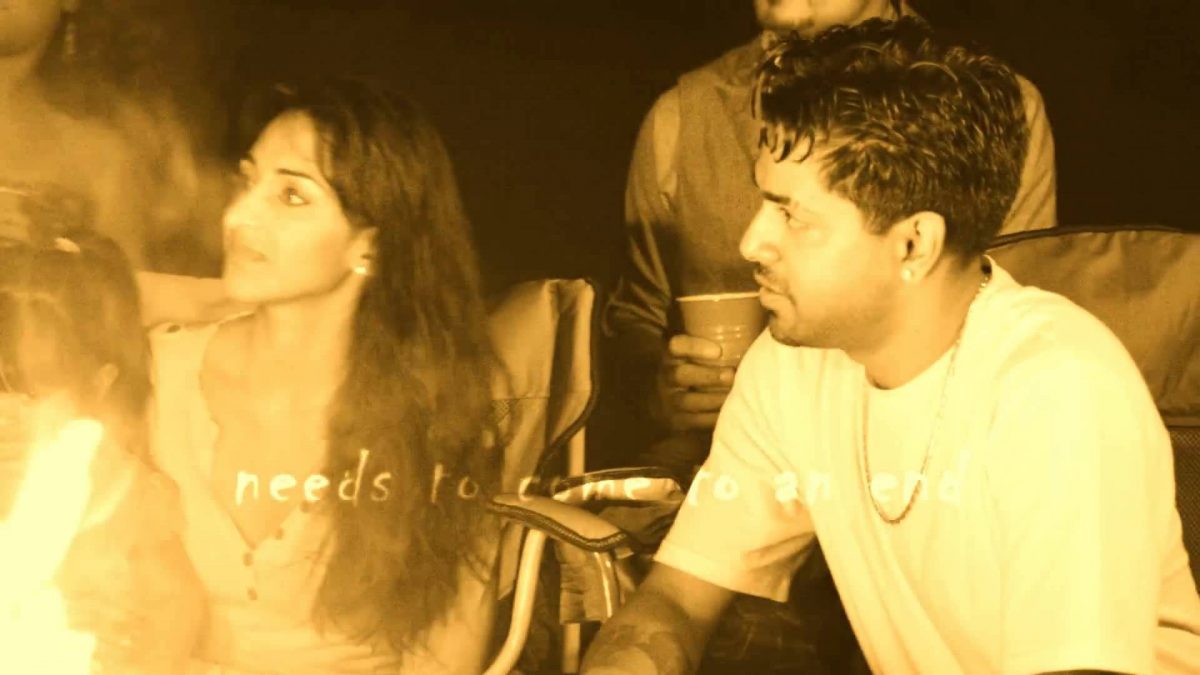Dear Editor,
American singing star, Katy Perry, used the stage at the Grammys to make a huge statement against domestic violence, with a survivor introducing the performer and President Barack Obama speaking against domestic violence and rape afterward.
Brooke Axtell, 34, introduced Perry with a moving speech about her own experience as a survivor of domestic violence and a traumatic childhood. In her speech Atwell pointed out, “Authentic love does not devalue another human being. Authentic love does not silence, shame or abuse. If you’re in a relationship with someone who does not honour or respect you, I want you to know you are worthy of love. Please reach out for help.”
In his video presentation, President Obama emphasized, “It’s on us, all of us, to create a culture where violence isn’t tolerated, where survivors are supported and where all our young people, men and women, can go as far as their talents and their dreams will take them.”
Given the crisis on Guyana’s social landscape, especially as it relates to suicide, domestic violence, rape and incest, is it not time for Guyana’s performing stars and politicians to take some pages from the Grammys 2015 playbook? For example, now that Mashramani season has arrived, all those involved in floats and in various performances throughout this season should find ways of making statements on suicide, domestic abuse, child abuse, criminal violence, trafficking, alcoholism, drug abuse, rape, incest or any other form of violence close to their hearts and affecting their communities and nation.
In fact The Caribbean Voice has three cultural personalities involved with us – the versatile Terry Gajraj, the ebullient Slingshot Drepaul and the upcoming chutney singer, Satish Udairam. This year Slingshot will be incorporating suicide prevention into his float. We strongly urge others to follow suit. And perhaps Terry Gajraj’s anti-suicide song ‘Love is the Answer’ (https://www. youtube.com/watch?v=Y40eiwNf8qk) can be given play and air time. It would also be fabulous if the many artistes can create video or audio messages for the media and general use, and in any other way lend their voices to be used in the campaigns against suicide, domestic abuse and so on.
By the same token, we also urge our politicians to go beyond the rare press release put out by their respective political parties and to start speaking out on these issues. Furthermore we urge the various political parties to publicize their plans and policies with respect to these social issues, as they man the campaign trail. What has been placed in the public domain thus far is, at best, far from satisfactory or desired.
It is the considered view of many, if not all, involved in activism on the social landscape, that violence prevention is everybody’s business and that no form of violence is acceptable or justified. And given the reach and impact of culture and sports, we believe that our leading cultural practitioners and sports stars should take their examples from Katy Perry and company. Also we strongly believe that mobilizing and organizing can be done by the Ministry of Sport and Culture, a point we made to Minister Dr Frank Anthony in our meeting with him. The lament that resources are not available for concerted and comprehensive action does not negate those actions that require minimal resources and therefore the traditional approach of passing the buck must give way to taking the ball and running with it. Surely if the good Minister approaches Shivnarine Chanderpaul, for example, to create a message or two, that cricketing icon would not refuse? Ditto for Lisa Punch, Devendra Bishoo, Nicolette Fernandes, Young Bill Rogers et al.
Mashramani will be followed by Phagwah and Easter. Dr Yog Mahadeo and his NGO, Inspire Inc, are allowing scope for social issues, especially suicide to be focused on at their annual Phagwah Festival at the National Stadium. Given that Phagwah celebrates the triumph of good over evil (among other things), is it not time for organizations such as the Guyana Hindu Dharmic Sabha and our Hindu priests and community leaders to find ways of bringing suicide, domestic violence, rape, alcoholism and so on into daily conversations as a first step in developing awareness leading to strategies to redress these issues? After all eliminating or tremendously reducing the effects of these behaviours would be tantamount to good overcoming evil and in the process lives being saved and families being empowered. Via the resurrection, Easter significantly marks the triumph over death. Given that suicide, domestic violence and so on are death, in a literal and/or metaphoric sense, should not churches and pastors foster conversations on these issues, again with the intention of finding and implementing redress?
Yours faithfully,
Annan Boodram
The Caribbean Voice

